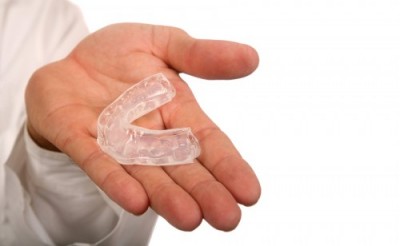PUBLISHED IN TCI WEEKLY NEWS
31st May 2014
The Journal of the American Dental Association reports that up to 39% of dental injuries are sports related, that these injuries are twice as likely to occur in a male as a female and the most common dental injury is to the upper front teeth (incisors).
There are a number of ways the teeth can be damaged whilst playing sports-
– Hard object contact- a stick or hard ball/puck hitting the teeth generally results in a tooth being chipped
– Soft object contact- eg. elbow, knee, foot- this is more likely to result in tooth displacement
– Tooth-to-tooth injury- falling or banging the jaws together can result in tooth fracture and splitting
Occurrence of these injuries can be reduced or eliminated by the wearing of a sports mouth-guard. In some sports the wearing of a mouth- guard is mandatory although for many it is a matter of personal choice. (In the US the National Federation of State High School Associations mandates mouth-guards for only 4 sports- (American) football, ice hockey, lacrosse, and field hockey.) However, studies have shown that mouth-guards are an effective protection for teeth for many other sports including rugby, basketball, socer, boxing and skiing.
 Mouth-gaurds can either be custom-made or a self-molded generic mouth-guard from a sports shop or pharmacy. It is important that the mouth-guard covers the whole of the teeth and extends beyond the gum margin to cover the gum as well. This means that the force of any blow is spread onto the supporting bone and not just the teeth.
Mouth-gaurds can either be custom-made or a self-molded generic mouth-guard from a sports shop or pharmacy. It is important that the mouth-guard covers the whole of the teeth and extends beyond the gum margin to cover the gum as well. This means that the force of any blow is spread onto the supporting bone and not just the teeth.
In the event of injury, if there are chipped teeth ideally the broken pieces should be gathered up and kept so the treating dentist can see if all the fragments are present and nothing is either embedded in the soft tissue or inhaled. If the tooth is displaced (has moved) then carefully try and reposition it back to the original position. If the tooth is completely out, keep the tooth in milk or saliva and contact the dentist for an emergency appointment. Do not wash or brush the tooth. With swift action there is a chance the tooth may be able to be re-inserted back into the socket with the hope that it will heal back into position.